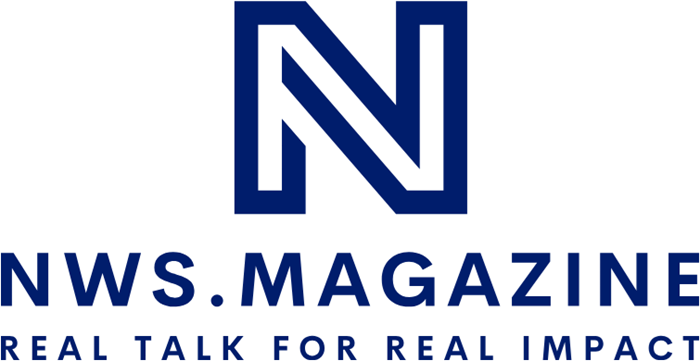In legal practice, unchecked efficiency can quietly become liability.
The integration of AI language models like ChatGPT into legal workflows presents both transformative opportunities and substantial risks. Corporate law firms face the challenge of harnessing AI’s efficiency gains while managing complex legal, ethical, and professional responsibilities. A disciplined, risk-aware approach is essential to leverage AI effectively without compromising client confidentiality, advice quality, or regulatory compliance.
ChatGPT as a Productivity Enhancer
ChatGPT excels at automating routine tasks such as contract drafting, document summarization, and preliminary legal research. By accelerating these processes, AI tools can significantly reduce turnaround times and operational costs. For associates and junior lawyers, this means more bandwidth to focus on nuanced legal analysis and strategic advising—activities that remain inherently human.
Key Legal and Ethical Risks
- Data Privacy and Confidentiality: Feeding sensitive client information into AI platforms risks exposure or unauthorized use, raising concerns under data protection laws such as GDPR, HIPAA, or sector-specific confidentiality rules. Firms must conduct thorough vendor due diligence, ensure secure data handling practices, and adopt strict internal policies to protect client data integrity.
- Accuracy and Reliability of AI Outputs: AI-generated content may contain factual inaccuracies, incomplete analysis, or outdated information. Blind reliance on such outputs can lead to flawed legal advice, malpractice claims, and erosion of professional reputation. Human review and verification remain indispensable.
- Unauthorized Practice of Law (UPL): AI lacks legal licensure and cannot fulfill professional duties or ethical standards. Delegating substantive legal judgments to AI raises questions about responsibility and compliance with bar regulations. Legal professionals must maintain ultimate control over all client advice and decisions.
- Bias, Fairness, and Transparency: AI models inherit biases present in their training data, which can perpetuate unfair or discriminatory outcomes. Transparency about AI’s role and limitations is crucial, alongside efforts to monitor and mitigate bias in AI-assisted legal processes.
Operational and Strategic Considerations
Beyond legal risks, firms must also evaluate operational implications:
- Governance Frameworks: Establish clear policies defining permissible AI uses, data governance, and accountability structures.
- Training and Awareness: Equip legal teams with knowledge to critically assess AI outputs and understand associated risks.
- Client Communication: Transparently disclose AI involvement in legal work to maintain trust and manage expectations.
Conclusion: A Balanced, Risk-Aware Approach
ChatGPT and similar AI tools hold immense promise for enhancing legal service delivery. However, their adoption in corporate law mandates is a calculated gamble: maximizing efficiency gains while rigorously managing legal, ethical, and professional risks. Firms that adopt a disciplined, transparent, and human-centric approach will be best positioned to transform AI from a potential liability into a strategic asset.
Final Note: Can Client Data Be Entered into ChatGPT?
That said, a clear boundary must be observed: client-related data should never be entered into ChatGPT or similar tools unless an enterprise-grade environment with contractual guarantees and strict privacy settings is in place. By default, prompts submitted to public AI models may be stored and used for training or system improvement unless data sharing is explicitly turned off. Even where providers offer privacy settings, ultimate responsibility lies with the firm—not the vendor.
In practical terms, this means: without anonymization, risk review, and (if required) client consent, no identifiable client data belongs in a public AI system. The legal, reputational, and regulatory consequences of a single misstep could be severe.
In legal practice, it's not innovation that causes damage — it's ungoverned deployment.
Further Reading & Sources
- European Data Protection Board – Guidelines on AI and Data Protection
- American Bar Association – Formal Opinions on AI in Legal Practice
- AI Ethics and Legal Liability – Recent Research Overview
Image credit: Jade ThaiCatwalk – Shutterstock

